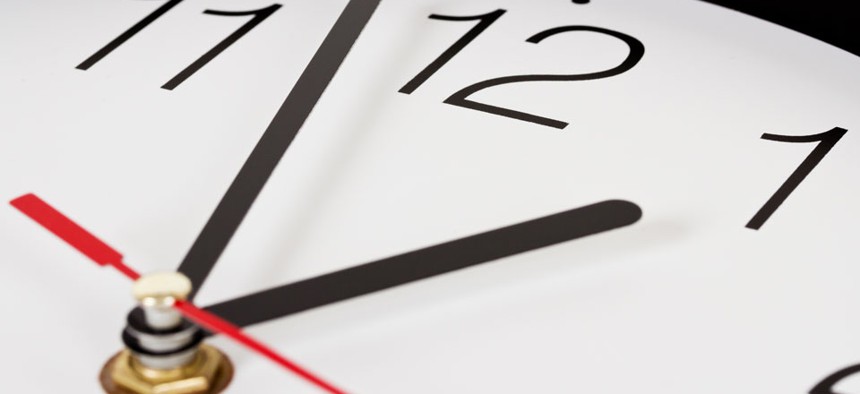
Andrew Scherbackov/Shutterstock.com
The Case for a Six-Hour Workday
Pushing employees to clock up extra hours can detrimental to your organization.
Today, workers are putting in increasingly more hours—so much so that the 40-hour week has become a relic of the past. But pushing employees to clock up those extra hours is bad for their well-being and detrimental to your company.
When you sleep is more important than the number of hours you sleep, a recent study found. What’s more, getting too little sleep might not be ideal, but waking up while it’s still dark is worse. (As we’ve pointed out before, turning up to the office feeling sleepy is like showing up to work drunk.)
In a recent article for the New Yorker, neuroscientist Kenneth Wright said that “cognition is best several hours prior to habitual sleep time, and worst near habitual wake time”—which suggests that you do your best work later in the day, not first thing in the morning. Your consciousness kicks in almost immediately after waking up, but it can take up to four hours for your mind to crank itself up to full awareness and alertness—and in that time, you won’t make good decisions.
(Image via Andrew Scherbackov/Shutterstock.com)






